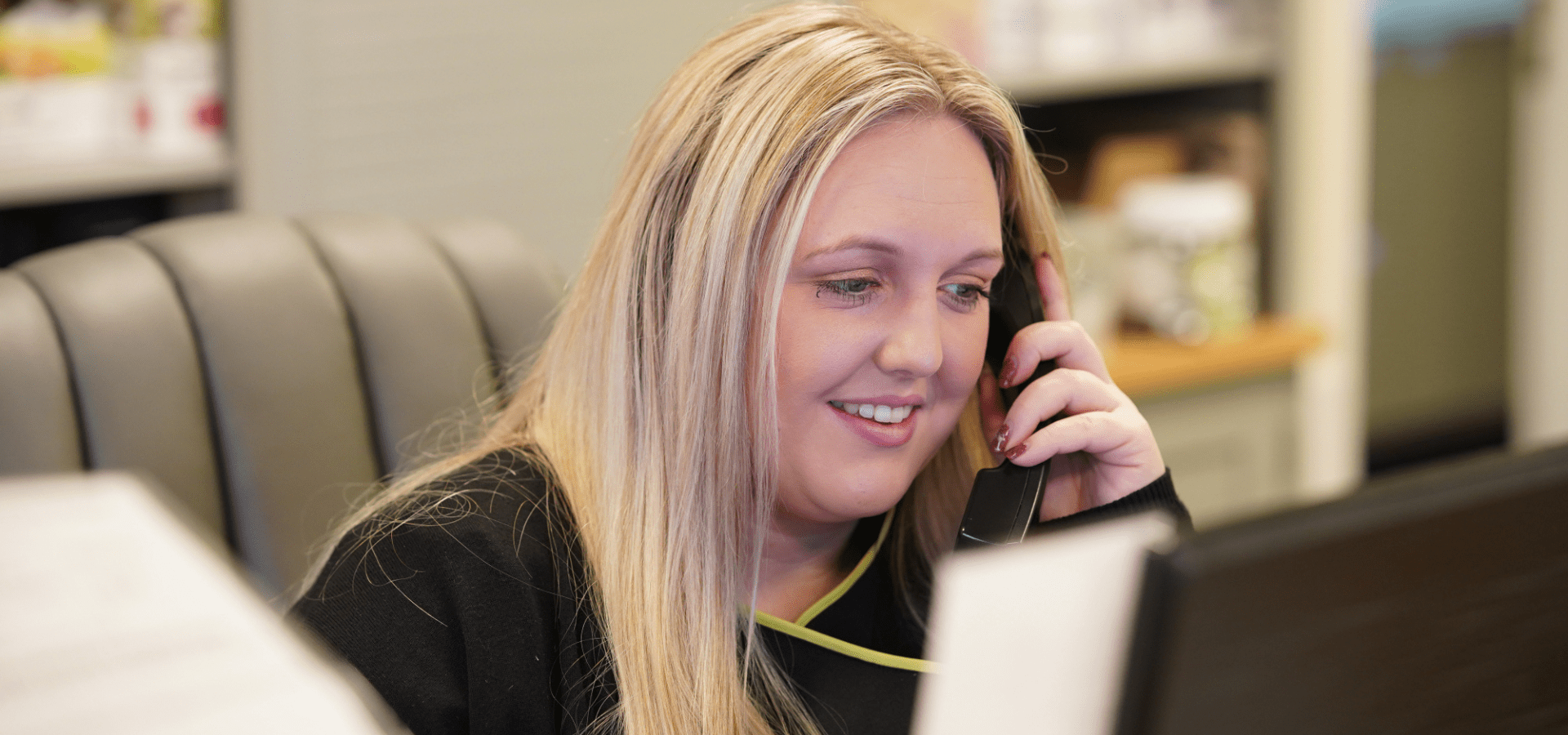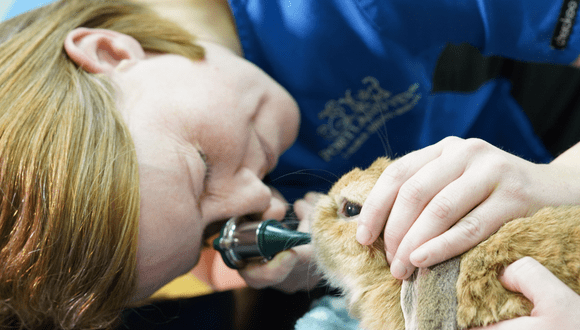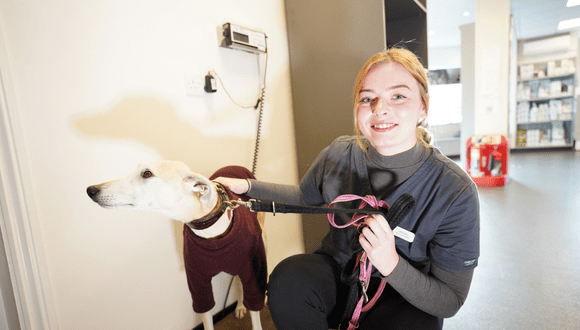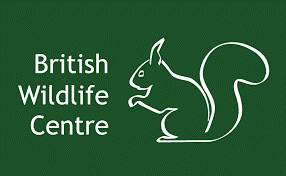
Self-Referral Information & Procedure for Pet Owners
There are situations where your pet may benefit from being treated by a Portland Vets’ surgeon. We offer a number of referral services, including laparoscopy and BOAS assessment, that are not always available at other practices. Sometimes your vet may recommend our vets, or there are situations where you may want to seek out these veterinary skills, advice or a second opinion.
To learn more about the referral disciplines we cover, and the procedures we undertake please read our Referral Services page.
If you wish to contact us to discuss your requirements with one of our friendly team.
Our daytime and out of hours phone number is 01342 327799.
In the meantime, you may find it useful to read answers to some of the common questions we are asked regarding our services.
Self-referral FAQs
Can I self-refer my pet to Portland Vets?
In a word, YES! It’s not unusual for owners to request the help of another vet. What is important when you feel the need to ask for help from a second practice is not the fact you are doing it but the way you do it. As even when self-referring, it is important to understand when and why you need to get your vet involved in the referral process.
How should I self-refer my pet to Portland Vets?
If you want to get a second opinion on your pet’s condition from one of our ‘First opinion’ / ‘general practitioner’ vets, then you can contact us yourself. You don’t need your current vet’s permission to do this.
In order for your pet to see one of our vets, they must first be seen by your regular vet.
Your vet will normally examine your pet before making arrangements for you to see one of our vets. You can ask your vet to refer your pet to Portland Vets.
Your vet cannot refuse to refer you to one of our vets unless doing so would be harmful to your pet. In most cases, this isn’t a problem, and you and your vet will jointly agree on whether Portland Vets offers the advanced diagnostics or treatment that your pet needs.
Do I need to be a client of Portland Vets to access your services?
Not at all, in fact we regularly take referrals from many veterinary practices across the South East. This is one of the many benefits of Portland Vets being an independent practice. If you think you are in need of a referral, have a chat with a vet at the practice you are registered at and ask them to contact us.
As an independent practice does this mean your referral service is more expensive?
Our fees are very competitive, enabling us to help your pet when the unexpected happens. If you’d like an estimate of the investment you’d need to make to help your pet please contact us.
Do all veterinary practices offer the same services?
No, not all practices are equal. Many do not possess diagnostic equipment like the state-of-the-art ultrasound and endoscopy kit we have invested in at Portland Vets. Many do not have the skills or experience to offer keyhole surgery.
Here at Portland Vets, clients (and pet owners who are registered at other practices) can access our referral services and facilities without having to travel miles to a specialist centre. We offer our referral services and work quite happily alongside many veterinary practices across West Sussex and the South East.
Guidance: pre & post op procedures
Below we offer some information for owners bringing pets in to us for treatment.
Pre-op - please read before the date of your pet's procedure
In advance of your visit, we’ll go through the list below with you and organise a time for you to bring your pet to the practice.
Before any anaesthetic or surgical procedures can begin, we must, by law, have a consent form completed. This will need to be signed by the owner or an agreed nominated ‘agent’ acting on the owner’s behalf, but they must be over the age of eighteen.
When your pet is dropped off, we will check the contact details we have as we require a contact number where we can contact you or your agent all day in case we need to speak to someone about treatment.
Please read the pre-op instructions for anaesthetic or sedation below for your pet.
Pre-op instructions - dogs & cats
If your pet is scheduled to have an anaesthetic or sedation please read and follow the following directions.
While no procedure or anaesthetic can ever be guaranteed safe, by following these instructions you help us to make your pet’s visit as smooth and safe as possible.
1. If your pet has been unwell or their condition has deteriorated before admission, please let us know.
2. Please do not give your dog or cat food after midnight the night before admission. This includes treats.
3. Please leave water available for your pet at all times unless you have been specifically advised not to. This applies to pets over 8 years especially.
4. Please take your dog for a walk on the morning of admission to empty their bladder and bowel. This helps prevent any accidents while they are under general anaesthetic.
5. Please ensure your dogs are clean if you regularly bathe your dog please do so in the days prior to surgery. A dog that comes in coated in mud will be much longer under anaesthetic while we meticulously clean the surgical site.
6. Cats should be kept indoors with a litter tray the night before admission so that you can be sure they have not been out hunting overnight (and to ensure they are actually around when the cat basket comes out in the morning!)
7. Your pet will be admitted at a set appointment time with a trained nurse who will be able to discuss any questions about the anaesthetic or procedure as well as give your pet a thorough check up. Please allow at least 15 minutes for this appointment and the paperwork. Please ask for an estimate of costs if one has not already been given to you at booking.
8. Pre anaesthetic bloods will be discussed at the time of admission. Routine blood tests check a patient’s liver and kidney function and for any underlying unknown problems. This is especially prudent in patients over 8 years of age.
9. We will take contact numbers for you and call, text or PetsApp you when your pet has woken from its anaesthetic to give you an update and confirm a time for discharge.
10. You will be booked a specific discharge appointment to go through the procedure and the aftercare that will be needed. Written care instructions will also be given to you at this appointment.
Pre-op instructions - rabbits & small mammals
If your pet is scheduled to have an anaesthetic or sedation please read and follow the following directions.
While no procedure or anaesthetic can ever be guaranteed safe, by following these instructions you help us to make your pets visit as smooth and safe as possible.
1. If your pet has been unwell or their condition has deteriorated before admission, please let us know.
2. Please ensure food is available at all times before admission. It will also help us if you bring some of your rabbit’s favourite food with them on the day of the surgery.
3. Please leave water available for your pet at all times unless you have been specifically advised not to.
4. Your pet will be admitted at a set appointment time with a trained nurse who will be able to discuss any questions about the anaesthetic or procedure as well as give your pet a thorough check up. Please allow at least 15 minutes for this appointment and the paperwork. Please ask for an estimate of costs if one has not already been given to you at booking.
5. We will take contact numbers for you and call, text or PetsApp you when your pet has woken from its anaesthetic to give you an update and confirm a time for discharge.
6. You will be booked a specific discharge appointment to go through the procedure and the aftercare that will be needed. Written care instructions will also be given to you at this appointment.
Post-op care at Portland Vets
After the procedure, our team will continue to monitor your pet during their recovery.
Once they are awake, your pet will be moved to a comfortable recovery room to rest. Food and drink will be offered, and dogs will be taken outside to stretch their legs and go to the toilet when they are ready.
We will contact you or your vet to let you know how the procedure went and arrange a time for your pet to be picked up.
During your pet’s discharge appointment, our team will provide you or your vet with any post-operative care instructions and schedule any follow-up appointments if necessary.
If your pet needs overnight monitoring, our team will discuss this with you.
Post-op general anaesthesia guide
Your pet has had a surgical procedure performed under general anaesthetic. Please read and follow the advice below to ensure he/she makes a swift recovery. If you are concerned about any aspect of your pet’s health following its operation then please contact the surgery.
Our daytime and out-of-hours emergency number is 01342 327799.
Your pet will be discharged by one of our veterinary team who will go through the procedure and aftercare with you.
Management of your pet
1. A clipped area may be present on one of your pet’s forelegs. This is where the anaesthetic was injected through an IV catheter. A little bruising in this area is not unusual and will recede with time. The hair will usually grow back in 4-6 weeks.
2. Your pet may appear drowsy. This is because of the anaesthetic and should wear off during the next 24-hours. They will also have had painkillers to keep them comfortable post-operatively. Your pet may in some cases been discharged with medication to continue at home. Please read the label and instructions carefully and dose as prescribed.
3. Your pet should be offered a small amount of food and water post operatively. They will have already been offered a meal in hospital. Do not be surprised if not completely hungry but please contact us if he/she does not return to full appetite over the next 24 hours. You will have been offered a recovery diet for the first meal.
4. Your pet may have a slight cough for 2-3 days post-surgery. This is normal and is due to the tube that is placed in the windpipe to deliver oxygen and anaesthetic during surgery. If present this cough will usually be mild and resolve after 2-3 days.





